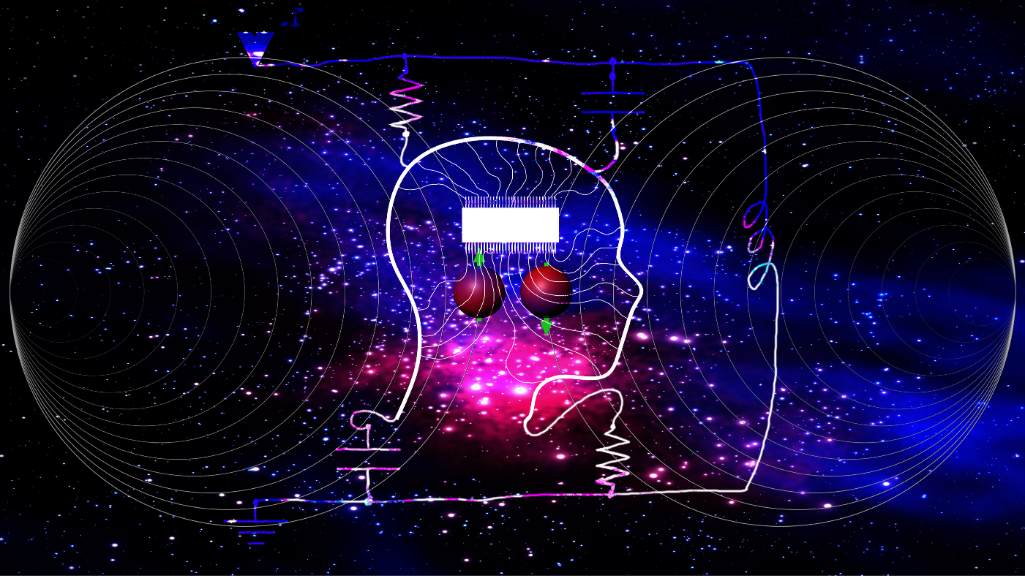Understanding the Fascinating World of Quantum Physics
Aaron Alston
. 2 min read
Quantum physics, also known as quantum mechanics, is a branch of physics that explores the fundamental properties and behavior of matter and energy at the smallest scales. It provides a theoretical framework for understanding the bizarre and counterintuitive nature of the microscopic world, where particles can exist in multiple states simultaneously, and their properties are described by probabilities rather than certainties. In collaboration with brilliant minds, these developers have revealed that particles can exist in multiple states simultaneously, with their properties described by probabilities rather than certainties.

Exploring Wave-Particle Duality, Superposition, Entanglement, and the Uncertainty Principle
The Wave-Particle Duality
One of the fundamental concepts in quantum physics is the wave-particle duality, which states that particles like electrons and photons can exhibit both wave-like and particle-like properties. This duality was first proposed by Louis de Broglie and later confirmed by the famous double-slit experiment. According to this experiment, particles can display interference patterns similar to waves, suggesting that they possess wave-like characteristics.
Superposition and Quantum States
Quantum systems can exist in a superposition of multiple states simultaneously. This means that a particle can be in multiple states or locations at the same time, with each state having a certain probability of being observed. These different states are described by a mathematical construct called a quantum state, represented by a wave function. The wave function encapsulates the probabilities associated with different observable outcomes when a measurement is made.
Quantum Entanglement
Quantum entanglement is a phenomenon where two or more particles become correlated in such a way that the state of one particle cannot be described independently of the others, regardless of the physical distance between them. This means that measuring one particle can instantaneously affect the state of the other, regardless of the distance separating them. Albert Einstein famously referred to this as "spooky action at a distance."
Uncertainty Principle
The uncertainty principle, formulated by Werner Heisenberg, states that there are inherent limits to the precision with which certain pairs of physical properties, such as position and momentum, can be simultaneously known. It implies that the more precisely one property is measured, the less precisely the other can be known. This principle underscores the probabilistic nature of quantum mechanics.
Quantum Computing
Quantum physics has also led to the development of quantum computing, a cutting-edge field with the potential to revolutionize information processing. Unlike classical computers, which use bits to represent information as either 0 or 1, quantum computers employ quantum bits, or qubits, which can exist in a superposition of both 0 and 1 states simultaneously. This enables quantum computers to perform certain calculations exponentially faster than classical computers, offering immense computational power for solving complex problems.
Conclusion
Quantum physics is a captivating and ever-evolving field that challenges our classical intuitions about the nature of reality. Its principles and concepts have opened up new avenues for scientific exploration and technological advancements. From the wave-particle duality to quantum entanglement and the potential of quantum computing, understanding quantum physics is vital for unraveling the mysteries of the microscopic world and pushing the boundaries of scientific knowledge.

